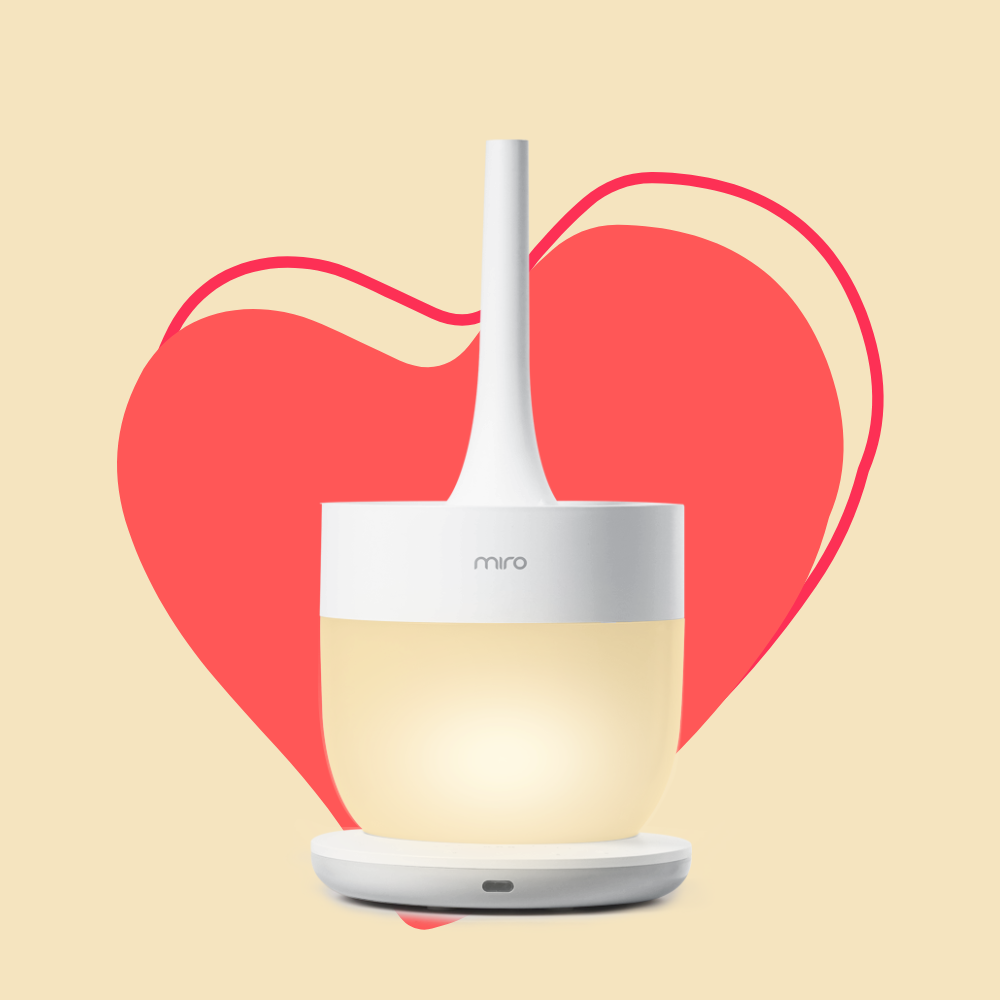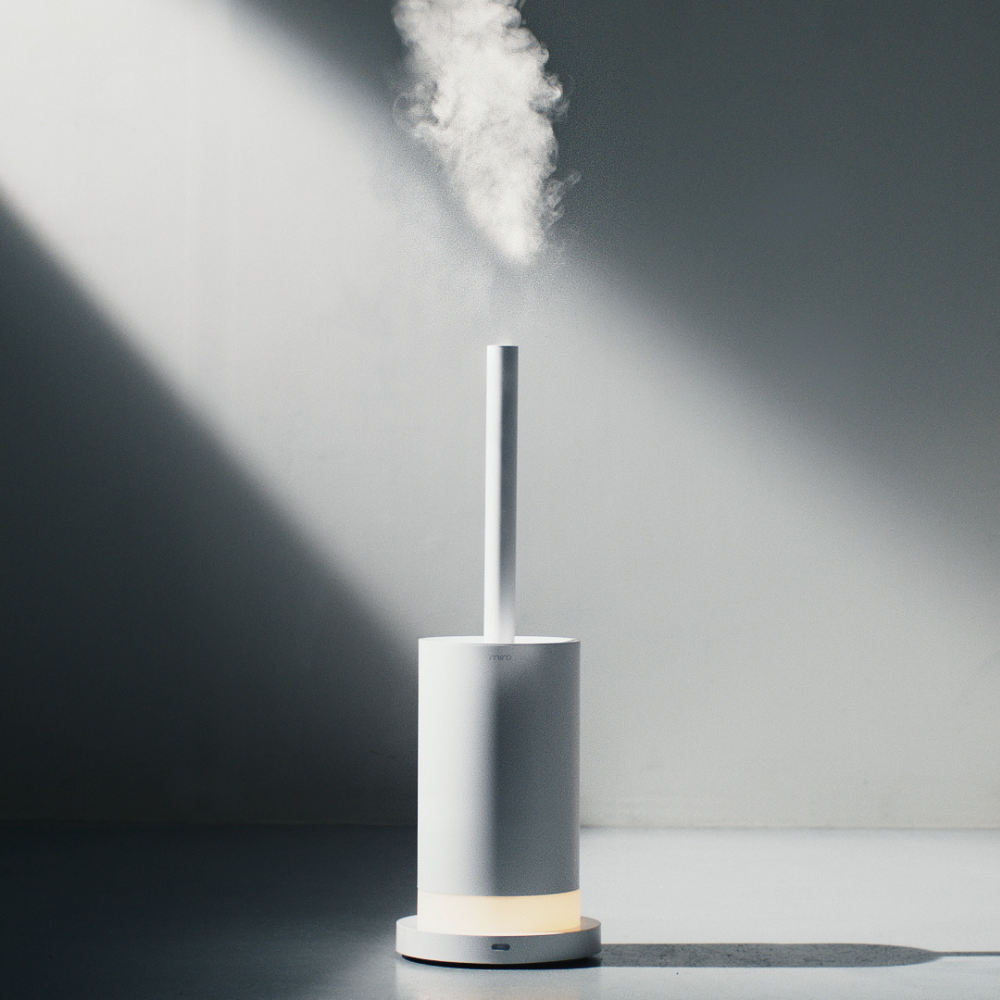

How Much Water Does a Humidifier Use?
Feeling a little parched? Are your houseplants starting to look more like they belong in a desert rather than a cozy living room? Fear not, friend! Humidifiers are here to save the day (and your throat, and your houseplants). But, as you're standing in the humidifier aisle, a question pops into your head: how much water does a humidifier actually use? No worries – we've got you covered! Let's dive into the wonderful world of humidity and find out just how thirsty these machines can be.
Types of Humidifiers and Their Water Consumption
Humidifiers come in various shapes and sizes, and their water consumption depends on their type. So, let's break down the four main types of humidifiers and their average water usage.
| Humidifier Type | Average Water Consumption |
| Evaporative | 1.5-3 gallons/day |
| Ultrasonic | 0.5-2 gallons/day |
| Steam Vaporizer | 1-2 gallons/day |
| Impeller | 1-2 gallons/day |
Evaporative Humidifiers
Ah, the classic evaporative humidifier – a tried-and-true method of adding moisture to the air. These bad boys use a wicking filter to absorb water and a fan to blow the evaporated moisture out into your room. They typically use about 1.5 to 3 gallons of water per day, depending on their size and settings.
Ultrasonic Humidifiers
These high-tech darlings use ultrasonic vibrations to create a fine mist, making them more energy-efficient and quieter than their evaporative cousins. Ultrasonic humidifiers typically use between 0.5 and 2 gallons of water per day.
Steam Vaporizers
Feeling a bit steamed? These humidifiers use electricity to heat water, creating steam that's released into the air. They use about 1 to 2 gallons of water per day, which is on the lower end of the consumption spectrum.
Impeller Humidifiers
Impeller humidifiers use a spinning disk to fling water droplets into the air, creating a cool mist. These little whirlwinds of hydration also consume around 1 to 2 gallons of water per day.
Factors Affecting Water Usage
Just like how no two snowflakes are alike, water consumption can vary depending on several factors, such as humidifier size, room size, humidity levels, and usage habits.
Humidifier Size
The size of the humidifier plays a significant role in determining its water usage. Larger humidifiers generally have larger water tanks, allowing them to hold more water and humidify a larger area for a longer duration. Consequently, they may consume more water compared to smaller humidifiers. So, if you have a small room, opting for a compact humidifier might be a wise choice to conserve water.
Room Size
The size of the room you intend to humidify also affects water consumption. Larger rooms require more moisture to achieve the desired humidity level, resulting in increased water usage. Conversely, if you're only looking to humidify a small bedroom or office space, a smaller humidifier will suffice and consume less water.
Humidity Levels
The starting humidity levels in your room can impact the water usage of a humidifier. If the air is already relatively humid, the humidifier may not need to work as hard or use as much water to reach the desired humidity level. On the other hand, if the air is extremely dry, the humidifier will need to operate for longer periods and consume more water to increase the moisture content in the air.
Usage Habits
How often and for how long you run your humidifier also affects water consumption. If you keep the humidifier running continuously, it will naturally use more water compared to intermittent usage. Additionally, higher humidity settings will lead to increased water usage. Adjusting the settings based on your comfort needs and the room's requirements can help optimize water consumption without compromising on the benefits of humidity.
Saving Water and Energy While Using a Humidifier
Now that we've covered how much water humidifiers use, let's explore some tips to save water and energy while enjoying the benefits of these moisture wizards.
Regular Maintenance
Keeping your humidifier clean and well-maintained is crucial for optimal performance and water efficiency. Regularly clean the water tank, replace filters (if applicable), and follow the manufacturer's instructions for maintenance. Clean and fresh components ensure the humidifier operates efficiently, reducing water wastage.
Efficient Models
When purchasing a humidifier, look for energy-efficient models. These models are designed to consume less water and electricity while still effectively humidifying the air. Energy Star certified humidifiers are a reliable choice as they meet strict standards for energy efficiency.
Appropriate Settings
Adjusting the humidity settings of your humidifier can help conserve water. Find the ideal humidity level that provides comfort without excessive moisture. Remember, the recommended indoor humidity range is around 30-50%. Monitoring and adjusting the settings accordingly will minimize water consumption while keeping you and your plants happy.
Do Humidifiers Really Make a Difference?
You might be wondering if all this water consumption is worth it. Well, the answer is a resounding yes! Humidifiers offer a plethora of benefits beyond quenching your home's thirst.
Proper humidity levels can help alleviate dry skin, chapped lips, and dry nasal passages. They can also reduce the likelihood of static electricity shocks, protect wooden furniture from drying out, and prevent paint and wallpaper from peeling. Moreover, plants thrive in a humid environment, so your leafy friends will thank you too!
FAQs
How often should I refill the water tank of my humidifier?
A: The frequency of refilling the water tank depends on the size of the tank and the humidity settings. Generally, larger tanks will require less frequent refills, while smaller tanks may need to be refilled daily or every few days.
Can I use tap water in my humidifier?
A: It is recommended to use distilled or demineralized water in your humidifier to prevent the buildup of mineral deposits. Tap water contains minerals that can accumulate and potentially affect the performance and longevity of the humidifier. However, if using tap water is unavoidable, regular cleaning and maintenance can help mitigate mineral buildup.
Can a humidifier make the room too humid?
A: It is possible to make the room excessively humid if the humidifier is set to a high humidity level or if it is running continuously without monitoring the humidity levels. It's important to maintain a balanced humidity level within the recommended range of 30-50% for optimal comfort and to avoid excessive moisture.
Are humidifiers noisy?
A: The noise level of humidifiers varies depending on the type and model. Ultrasonic humidifiers tend to be quieter compared to evaporative or steam vaporizers. However, even the quietest humidifiers may produce a subtle humming or gurgling sound during operation.
Can a humidifier help with allergies or respiratory issues?
A: Humidifiers can provide relief for individuals with allergies or respiratory issues by adding moisture to the air. Dry air can aggravate symptoms such as dry cough, congestion, and irritated nasal passages. However, it is essential to maintain proper hygiene and clean the humidifier regularly to prevent the growth of mold or bacteria, which could worsen respiratory conditions.
Conclusion
So, next time you find yourself standing in front of a wall of humidifiers, you'll have a better understanding of how much water they use. Remember, the type of humidifier, its size, the room size, humidity levels, and your usage habits all play a role in water consumption. By following some water-saving tips and finding the right balance, you can enjoy the benefits of a humidifier while minimizing water waste


